

![]() by The Rich Port » Sun Jul 26, 2009 1:36 pm
by The Rich Port » Sun Jul 26, 2009 1:36 pm

![]() by The Rich Port » Sun Jul 26, 2009 2:14 pm
by The Rich Port » Sun Jul 26, 2009 2:14 pm

![]() by The Rich Port » Sun Jul 26, 2009 4:57 pm
by The Rich Port » Sun Jul 26, 2009 4:57 pm


![]() by The Rich Port » Sun Jul 26, 2009 6:53 pm
by The Rich Port » Sun Jul 26, 2009 6:53 pm


![]() by The Rich Port » Sun Jul 26, 2009 11:18 pm
by The Rich Port » Sun Jul 26, 2009 11:18 pm

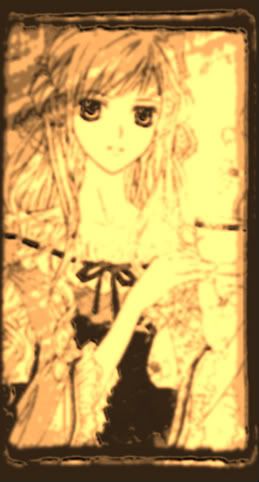

![]() by The Rich Port » Mon Jul 27, 2009 10:34 am
by The Rich Port » Mon Jul 27, 2009 10:34 am
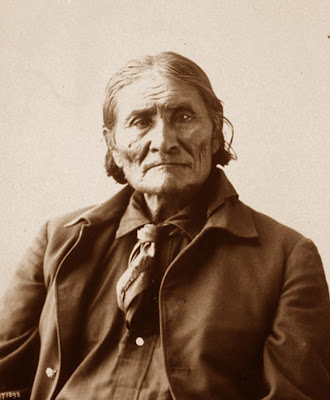


![]() by The Rich Port » Mon Jul 27, 2009 1:32 pm
by The Rich Port » Mon Jul 27, 2009 1:32 pm






![]() by The Rich Port » Tue Jul 28, 2009 7:54 pm
by The Rich Port » Tue Jul 28, 2009 7:54 pm





![]() by The Rich Port » Wed Jul 29, 2009 1:08 pm
by The Rich Port » Wed Jul 29, 2009 1:08 pm
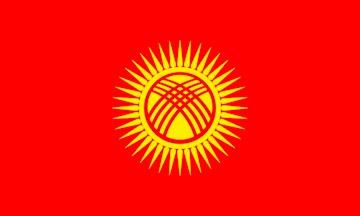




![]() by The Rich Port » Mon Aug 03, 2009 9:02 pm
by The Rich Port » Mon Aug 03, 2009 9:02 pm




![]() by The Rich Port » Wed Aug 05, 2009 3:54 am
by The Rich Port » Wed Aug 05, 2009 3:54 am



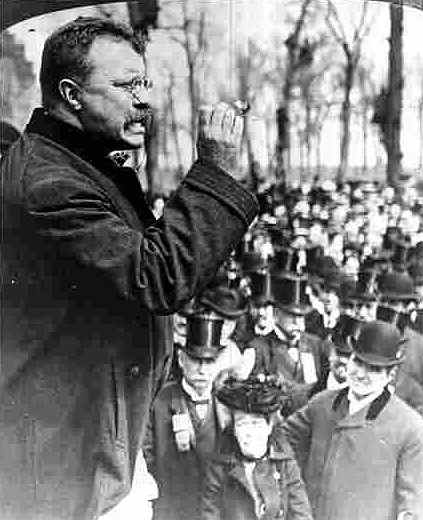


![]() by The Rich Port » Thu Aug 13, 2009 3:48 am
by The Rich Port » Thu Aug 13, 2009 3:48 am

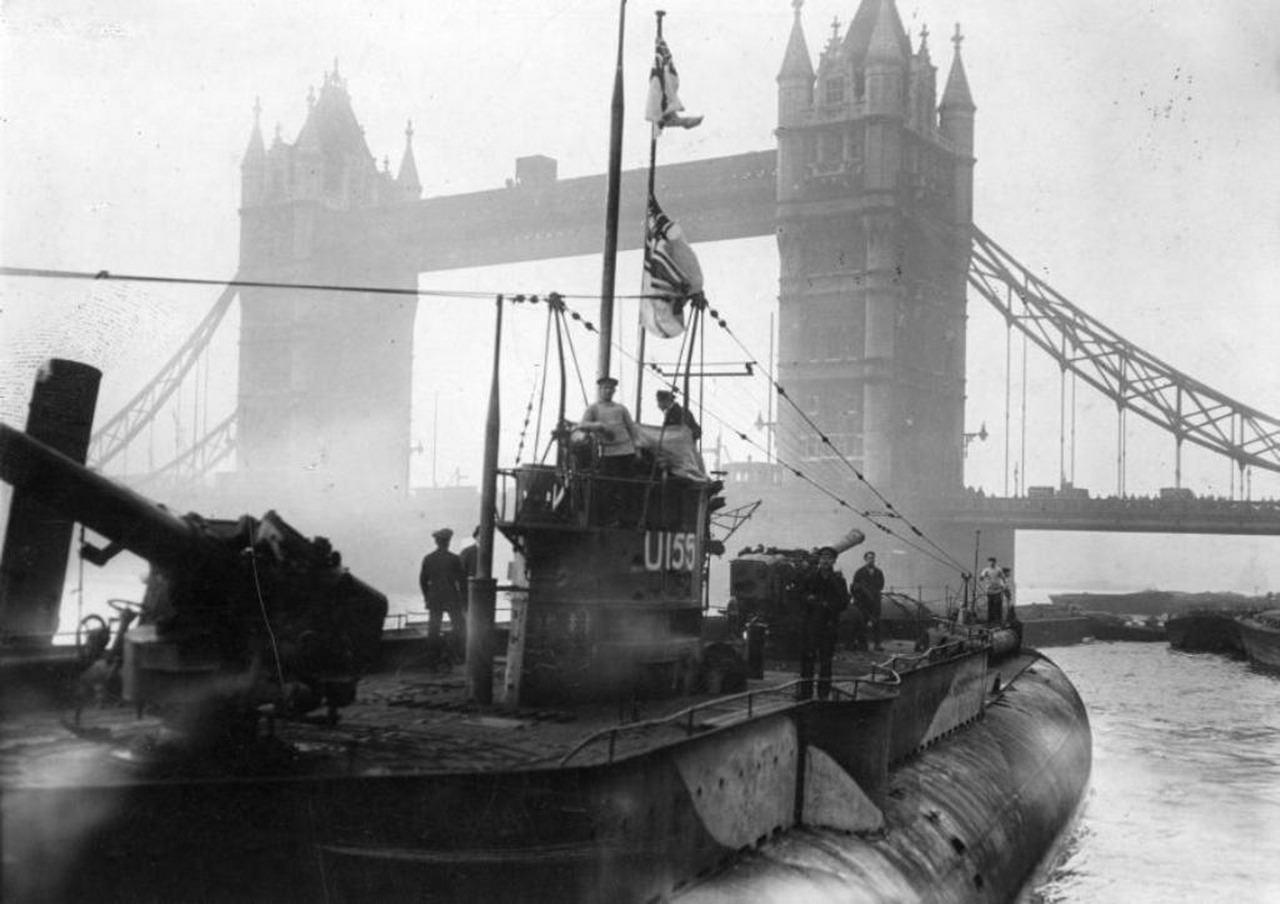
.jpg)


![]() by The Rich Port » Wed Sep 02, 2009 4:39 pm
by The Rich Port » Wed Sep 02, 2009 4:39 pm

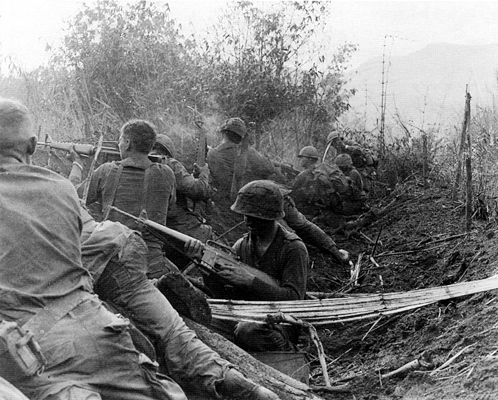
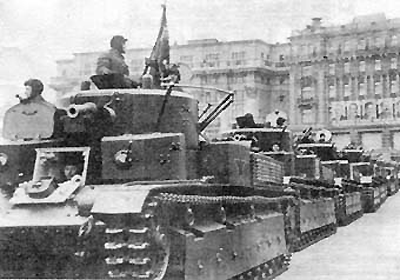


![]() by The Rich Port » Mon Oct 26, 2009 4:37 pm
by The Rich Port » Mon Oct 26, 2009 4:37 pm

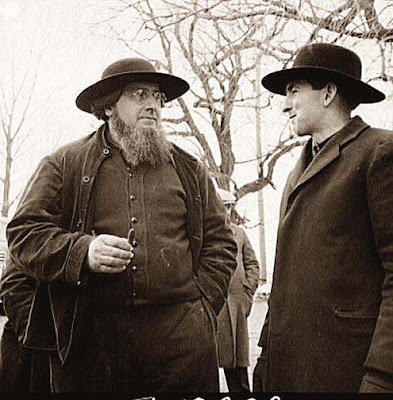



![]() by The Rich Port » Thu Nov 19, 2009 2:47 pm
by The Rich Port » Thu Nov 19, 2009 2:47 pm




![]() by The Rich Port » Sat Nov 21, 2009 6:59 pm
by The Rich Port » Sat Nov 21, 2009 6:59 pm


![]() by The Rich Port » Fri Dec 11, 2009 2:50 pm
by The Rich Port » Fri Dec 11, 2009 2:50 pm

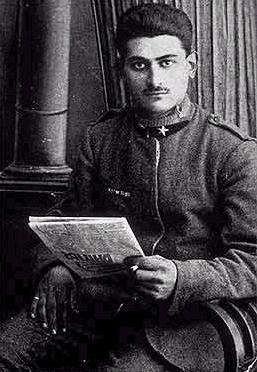


![]() by The Rich Port » Mon Feb 22, 2010 10:42 am
by The Rich Port » Mon Feb 22, 2010 10:42 am

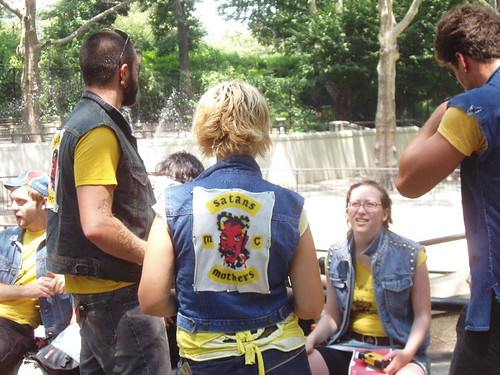

![]() by The Rich Port » Mon Feb 22, 2010 1:41 pm
by The Rich Port » Mon Feb 22, 2010 1:41 pm

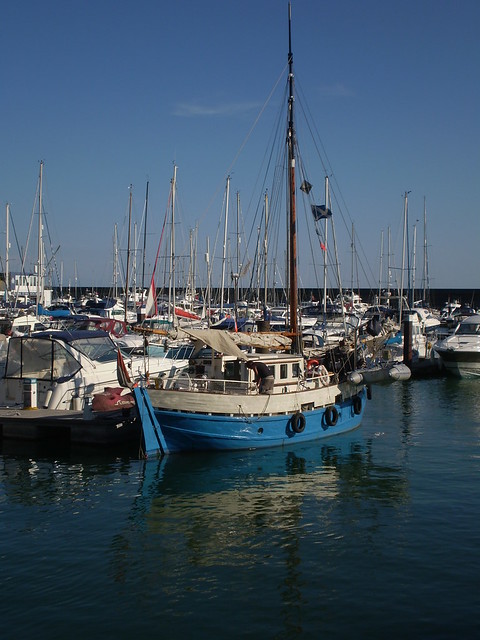

![]() by The Rich Port » Mon Feb 22, 2010 1:45 pm
by The Rich Port » Mon Feb 22, 2010 1:45 pm

![]() by The Rich Port » Tue Feb 23, 2010 9:03 am
by The Rich Port » Tue Feb 23, 2010 9:03 am

![]() by The Rich Port » Fri Feb 26, 2010 8:00 pm
by The Rich Port » Fri Feb 26, 2010 8:00 pm

![]() by The Rich Port » Tue Nov 02, 2010 12:28 pm
by The Rich Port » Tue Nov 02, 2010 12:28 pm
Advertisement
Return to Factbooks and National Information
Users browsing this forum: Card Cleaver, Resaaria
Advertisement